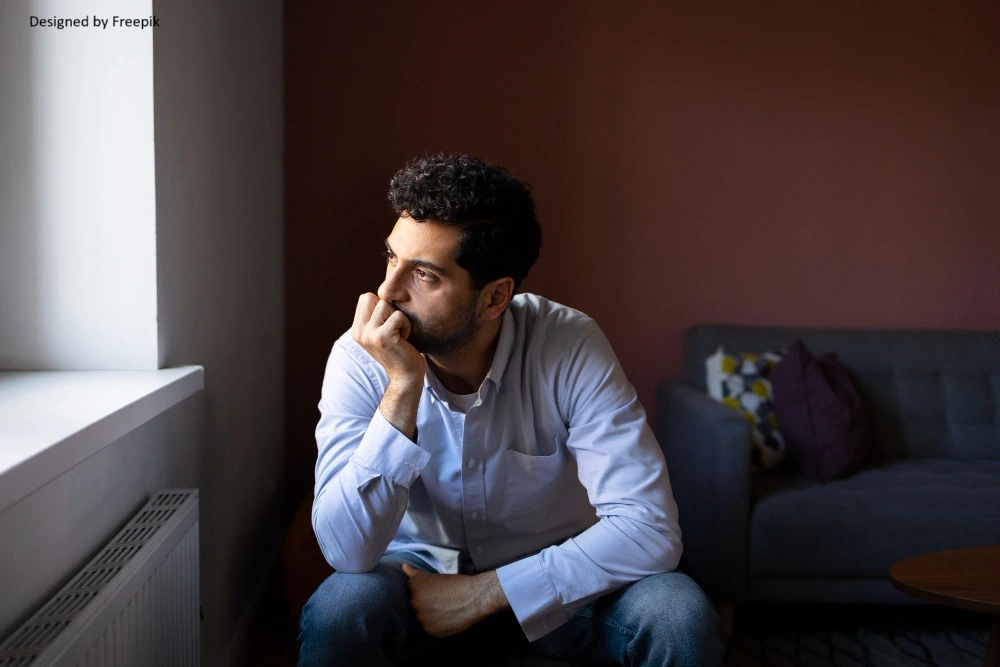Therapy for anxiety

How do I know if I need therapy for anxiety?
Do “normal” things sometimes seem overwhelming and overstimulating? It feels impossible at times to take action because you first have to weigh all the possible outcomes, which can lead to spiraling into worst case scenarios, and the next thing you know, you’re feeling almost paralyzed with inaction. You know logically you should be able to do things and make decisions, and you are a smart and capable person, but when your heart starts racing and your body goes into fight or flight mode, you can’t always “logic” your way out of it. In fact, maybe this is a new experience for you. Perhaps you’ve always been able to “just do” things, and recently you’ve experienced anxiety that almost feels like you’re having a heart attack rather than what you thought anxiety would feel like.
If you find yourself nodding along with any (or all) of the above, therapy for anxiety might be exactly what you need. Whether you would describe your anxiety as ever-present or newly acquired, there’s good news: I get it. You are not the only one living with anxiety, and there are actionable things you can do to lessen the control anxiety has over you, and regain a sense of control over your emotions, and your life.
Schedule an appointment
How can therapy help me?
My therapy skills are curated to help you:
- Understand your anxiety. Explore the underlying causes and triggers for your anxiety and what anxiety looks and feels like for you.
- Develop coping strategies. Create a personalized set of strategies to help you address anxiety on a daily basis.
- Build resilience. Cultivate a strong foundation to better face challenges life throws your way with more confidence, and less worry or stress.
- Set personal boundaries. Work together to curate boundaries and learn how saying no can help decrease anxiety.
- Regulate your nervous system. Learn how anxiety might be trying to “help” you and how to manage it.
- Enhance and adjust relationships. Explore how anxiety impacts the way you interact with others and develop skills for healthy connections.
Schedule an appointment

Common concerns addressed in therapy for anxiety
- Feeling constantly stressed out
- Struggling with sleep because your mind won’t turn off
- Feeling perpetually on edge
- Spiraling about many “what ifs” without being able to stop or redirect
- Panic attacks
- Isolation due to being afraid to do or say the wrong thing in social settings
- Somatic symptoms (physical manifestations of your anxiety. i.e. feeling like you’re having a heart attack, jaw pain, etc.)
Benefits of therapy for anxiety
Dealing with anxiety, whether or a regular basis or in specific situations, can feel very limiting. Working with a professional on recognizing your triggers and how your anxiety manifests can help you feel more in control of your life. In better understanding your anxiety symptoms, you can create long lasting coping skills and ways to handle the many unexpected things life throws your way. While anxiety might never fully go away, it is possible to keep it more in check and feel less stressed about every possible scenario.
